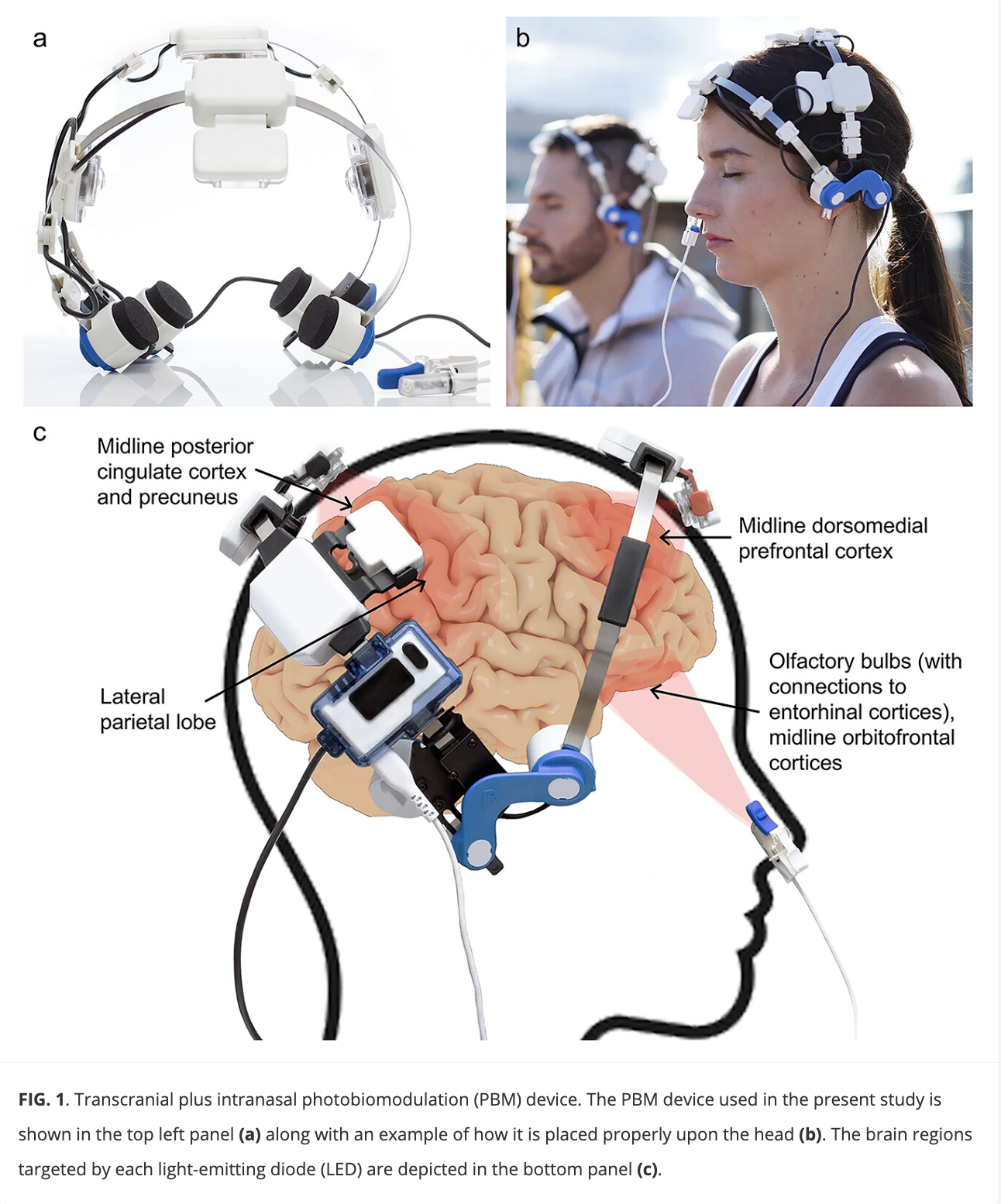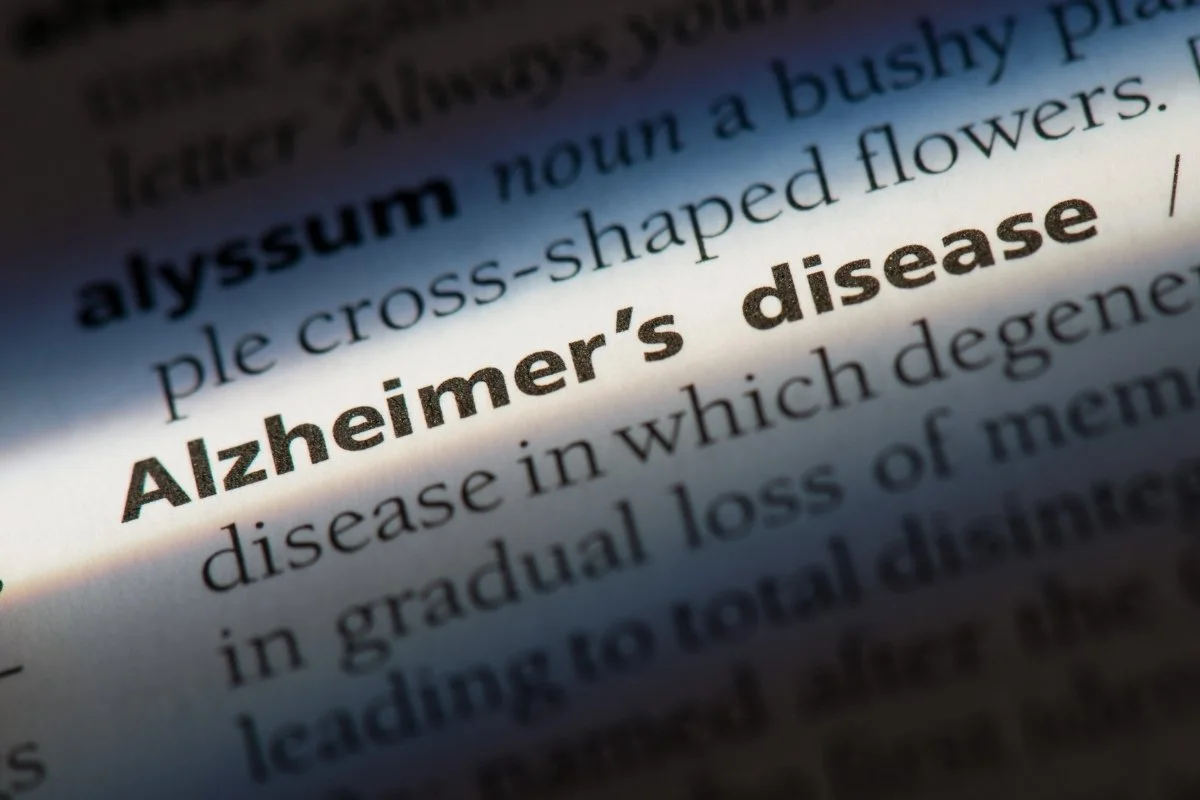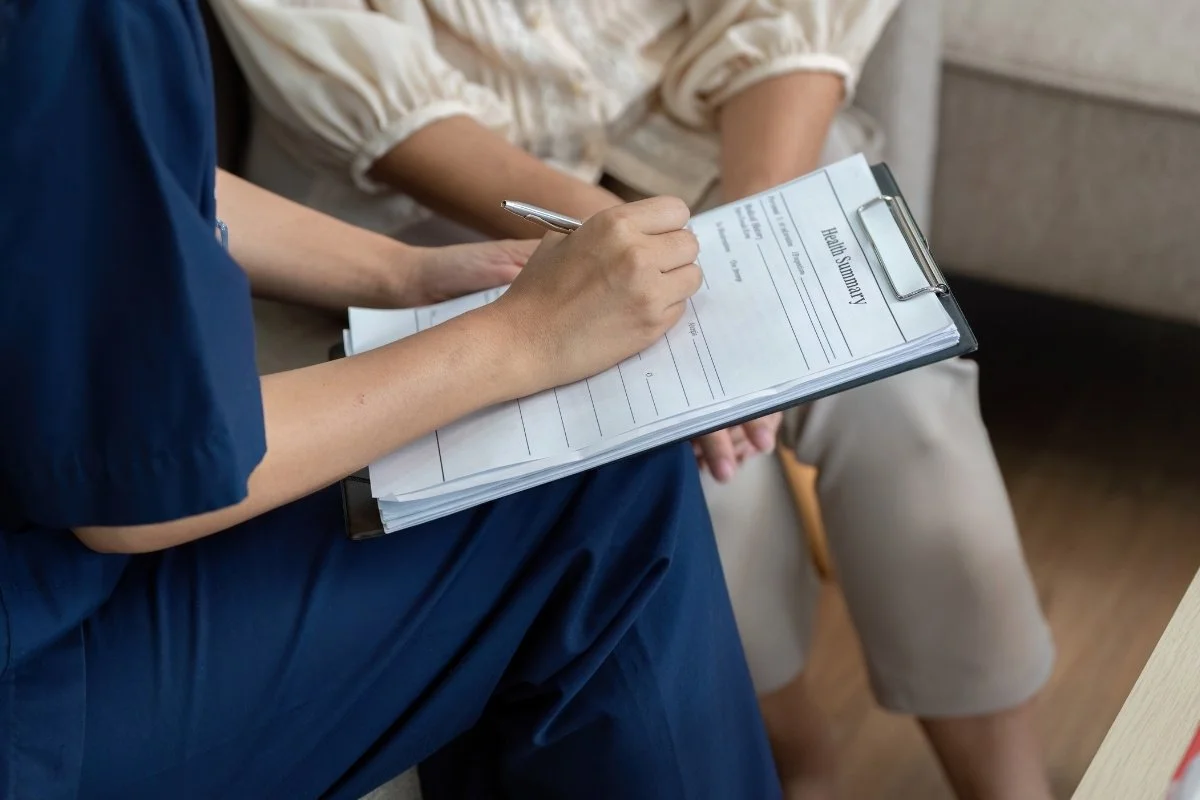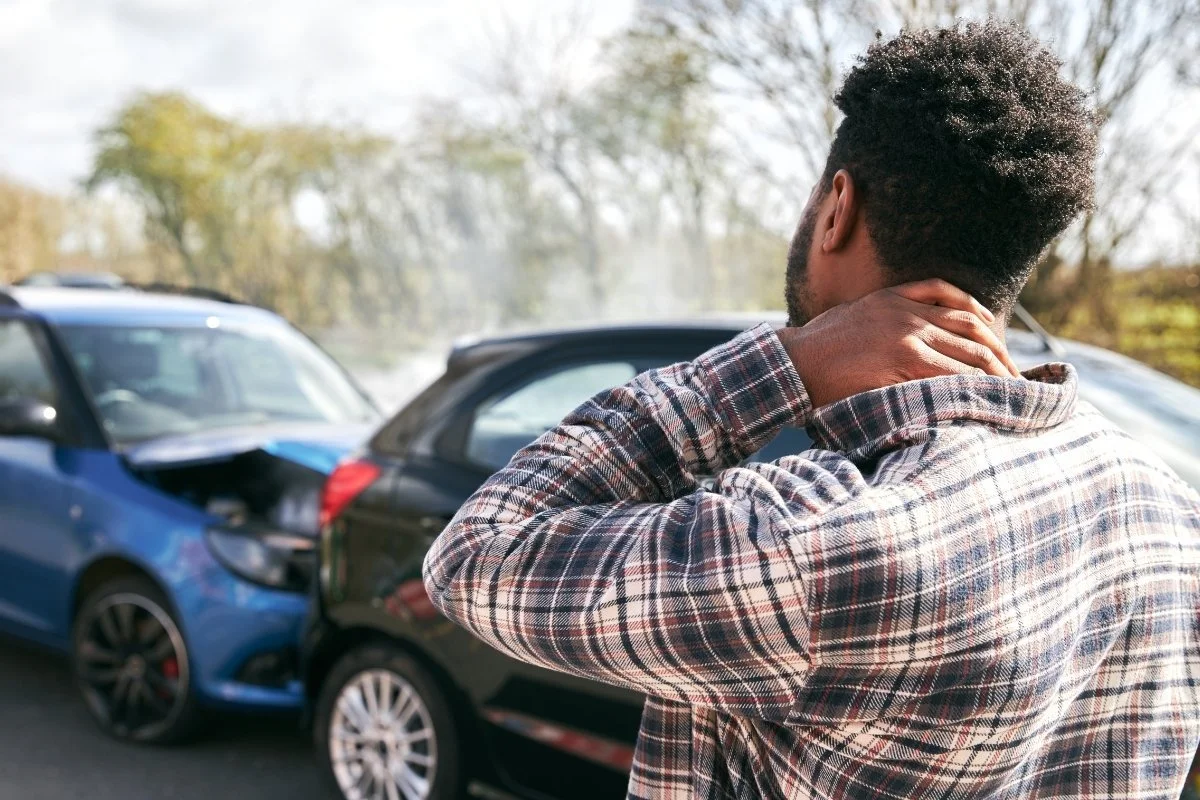Blog
Jungian psychology: the loss and subsequent rebuilding of the self following traumatic brain injury
A recent article published in Neuro Rehab Times details a study that explored the loss and subsequent rebuilding of the self following traumatic brain injury (TBI) through the framing of Jungian analytical psychology.
Using visio-vestibular examination in the emergency department helps with earlier, more accurate concussion diagnosis
A recent article published in the Children’s Hospital of Philadelphia’s (CHOP’s) Research in Action blog by Dr. Daniel Corwin emphasizes the importance of using CHOP’s visio-vestibular examination (VVE) as a part of first-line concussion management in the emergency department.
Olympic gold medal bobsledder Elana Meyers Taylor advocates for better concussion care
Olympic gold medal bobsledder Elana Meyers Taylor highlights the importance of recognizing concussion as a rehabilitative injury, engaging in active, multidisciplinary rehabilitation, and expanding research on concussion in women.
Guardian Cap controversy reaches the NFL’s biggest stage
During this weekend’s Super Bowl, New England Patriots offensive lineman Jared Wilson will wear a Guardian Cap, a helmet cover designed to blunt head impacts. But conflicting claims by the NFL and Guardian Sports bring the benefit of the caps into question, according to a recent article by Ken Belson for The New York Times.
Light Therapy Promotes Neurological Resilience in College Football Players
In a first-of-its-kind study with active college football players, researchers investigated the potential impact of a transcranial photobiomodulation (PBM) intervention, using a commercially available headset to deliver near-infrared light to the brain through the skull.
P7C3-A20 drug reverses the effects of Alzheimer’s disease in mice
Researchers Kalyani Chaubey et al. recently discovered that the drug P7C3-A20 is able to reverse the brain pathology and cognitive decline of advanced Alzheimer’s disease in mice.
Researchers develop a tool to assess fear avoidance after concussion
Researchers Liam J. Sherwood et al. recently developed the Fear Avoidance after Concussion Tool (FACT), the first validated patient-reported outcome measure for evaluating fear avoidance following concussion
The Sunflower Symbol: Recognizing and supporting people with invisible disabilities
The Sunflower symbol for invisible disabilities is blossoming around the United States and the world, according to a recent article written by Lauren Fetten and published by Being Patient.
Unique symptom presentation in pediatric concussions highlights the need for individualized diagnosis protocols
A recent study published in Brain Injury by Jonathan Santana and colleagues found that pediatric concussion characteristics differ significantly with age.
Concussion patients have an elevated risk of motor vehicle crashes after injury
A recent retrospective cohort analysis published in BMJ Open found that concussion patients have a 49% higher long-term risk of being in a serious motor vehicle crash after injury compared to patients with an ankle sprain.
Nine characteristics could identify patients at risk for persistent symptoms post-mTBI
Researchers Frank Peacock et al. found nine clinical characteristics associated with an increased risk of a concussion patient still having symptoms 30 days after a mild TBI (mTBI).
Cognitive Shuffling may be a promising technique to counter insomnia
Christina Caron explores a technique called Cognitive Shuffling as a potential tool for those who struggle to fall asleep at night in a 2025 article for The New York Times.
Post-concussion symptom severity phenotypes predict risk of depression after concussion in adults
A recent study published in BMC Psychiatry found that post-concussion symptom severity, injury severity, and psychological resilience can predict the risk of post-concussion depression in adults.
Non-invasive vagus nerve stimulation (nVNS) is associated with improvements in persisting concussion symptoms
A study published in Frontiers in Neurology found that non-invasive vagus nerve stimulation (nVNS) is associated with improvements in persisting concussion symptoms across cognitive, affective (mood), somatic (physical), and vestibular (balance) domains.
Neuron inflammation and loss is correlated with years of repetitive head impacts, increasing susceptibility to CTE in former contact sports athletes under age 51
A recent study published in Nature found that multiple years of repetitive head impacts can cause changes in the brain at the cellular level that precede and may underlie clustering of hyperphosphorylated tau protein, a key marker of chronic traumatic encephalopathy (CTE).
New Clinical Practice Guideline: Recommendations for primary care doctors treating adults with mTBI
A new Clinical Practice Guideline (CPG) on traumatic brain injury care was recently published in the Journal of Neurotrauma.
At-home transcranial photobiomodulation (light therapy) improves cognitive function for adults exposed to repetitive head acceleration events
A “proof-of-concept” study found that 8-10 weeks of at-home treatment with a transcranial photobiomodulation device resulted in improvements in cognitive function in adults exposed to repetitive head acceleration events.
Practicing self-compassion can mitigate the long-term mental health impact of TBI
An article published by the Brain Health Association of America suggests that practicing regular self-compassion leads to the mitigation of mental health issues after a traumatic brain injury (including concussion).
Acupuncture after concussion reduces symptoms and improves white matter integrity
A group of researchers at Xi'an Jiaotong University found that four weeks of acupuncture, starting a week after a concussion, reduced concussion symptoms and improved brain tissue (white matter) integrity.
Dietary interventions can reduce persistent headache frequency and severity after brain injury, including concussion
A study conducted by Daisy Zamora et al. discovered a correlation between a diet consisting of high omega-3 fatty acids and low omega-6 linoleic acids (the diet is labeled “H3L6”) and a reduction in persistent post-traumatic headaches (pPTH).




















